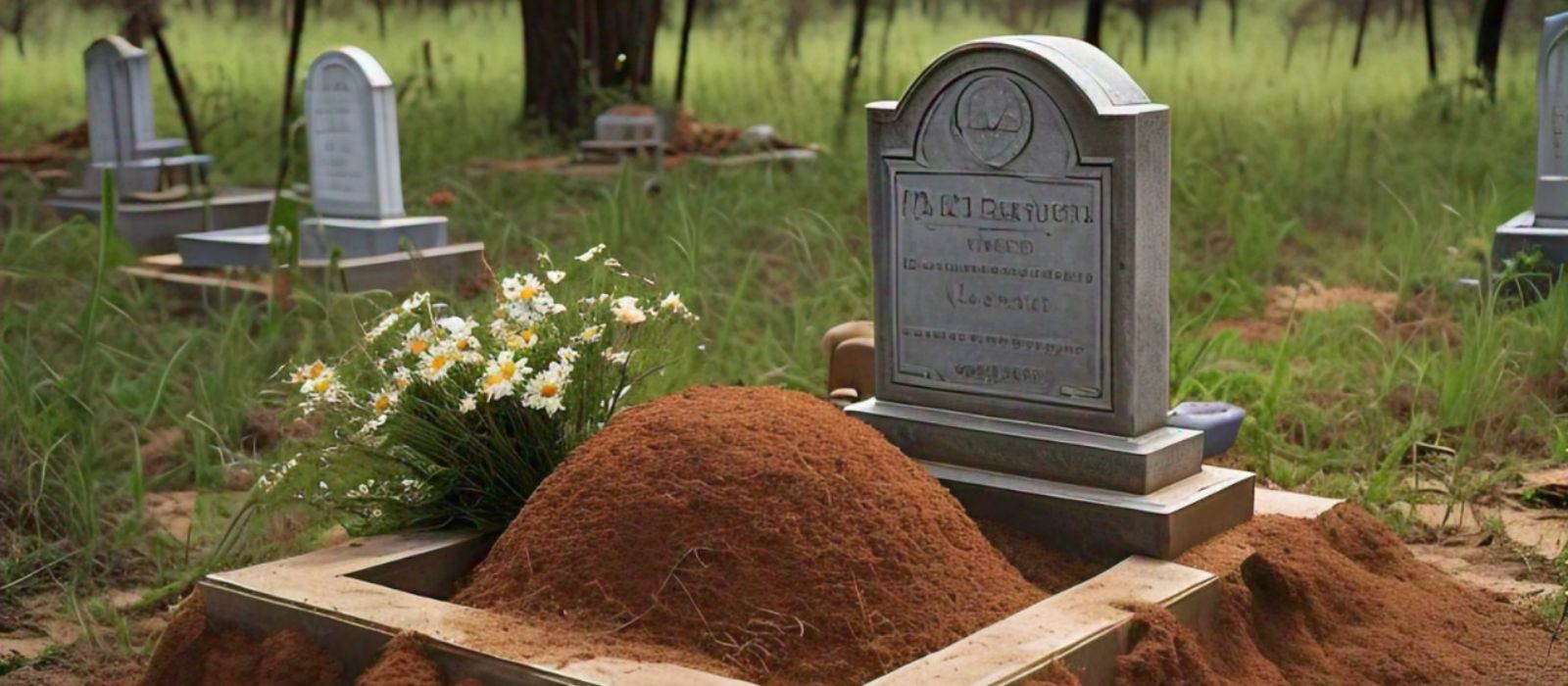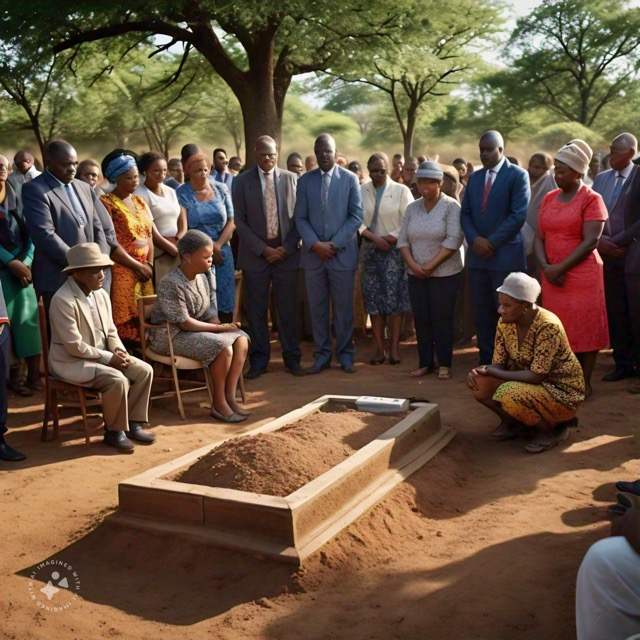
In Zimbabwe, some families find themselves divided, caught between honoring their ancestors and adhering to new religious beliefs that view such practices as relics of a bygone era.
The ancient Shona tradition of Kurova Guva, a sacred ceremony performed to welcome the spirit of the deceased back into the family fold, stands at odds with the growing influence of Christianity that permeates every aspect of life.
Kurova Guva is traditionally performed about a year after a person’s death, marking the unveiling of the tombstone and serving as a poignant reminder of familial bonds that transcend mortality. The ritual is not merely an act of remembrance; it is a vital cultural practice that reinforces identity, continuity, and community cohesion. At its core, Kurova Guva is about honoring ancestors and acknowledging their ongoing presence in the lives of their descendants.
During this ceremony, family members gather at the gravesite to pay their respects, share stories, and perform rituals that invite the spirit of the deceased to join them. The act of throwing pebbles on the grave, according to Mavhu Hargrove in her personal narrative, symbolizes communication with the ancestor. It serves as an invitation for them to witness family milestones and remain part of daily life.
The significance of this ritual extends beyond mere remembrance; it reflects a worldview where death does not sever ties but rather transforms relationships. Ancestors are seen as guardians who provide guidance and blessings to their living relatives. In this context, Kurova Guva becomes a celebration of life intertwined with death.
With the arrival of Christianity in Zimbabwe during colonial times, many indigenous practices faced scrutiny or outright rejection. However, rather than completely abandoning traditional beliefs, many Shona families found ways to integrate these customs into their Christian faith.
For instance, while some families may choose to celebrate Kurova Guva strictly according to traditional customs, others might incorporate elements from Christian practices. The unveiling of tombstones can be framed within a Christian context as a memorial service that honors both God and ancestors. This blending allows families to maintain their cultural heritage while also aligning with their spiritual beliefs.
There is also a struggle for cultural identity, as the tension between adhering to traditional customs like Kurova Guva and embracing Christianity often creates divisions within families. Some members may advocate for strict adherence to Christian practices, while others argue for maintaining ancestral traditions. This struggle reflects broader themes within African societies grappling with colonial legacies and modernity.
As Zimbabweans continue to evolve culturally and religiously, the future of rituals like Kurova Guva remains uncertain yet hopeful. Many families are finding ways to honor both their ancestors and their faith without compromising either tradition or belief system. By fostering dialogue between generations, where younger members learn from elders about the importance of these rituals, families can navigate this complex landscape together.




I’ve been like a Krishen for a long time, believing in Jesus Christ and being born again. However, I struggle with why we often abandon our old ways in the name of Christianity. In the Bible, the Israelites carried the bones of Joseph and others for 40 years, highlighting the importance of honoring our dead. Even Jesus addressed this when Peter wanted to delay his calling, saying, “Let the dead bury their own dead; but you go and proclaim the kingdom of God” (Luke 9:60). This shows that while Jesus emphasized the urgency of following Him, it doesn’t negate the cultural significance of honoring those who came before us.